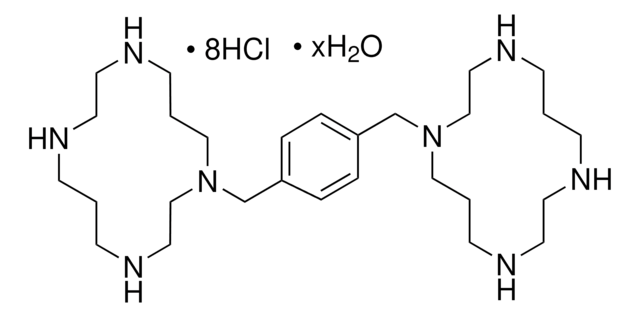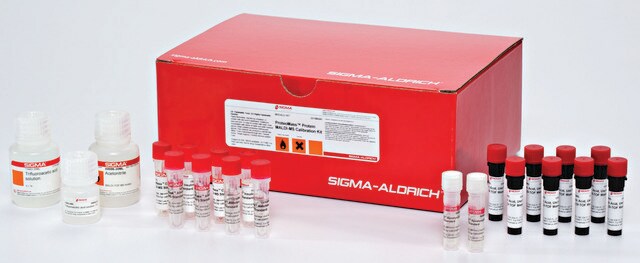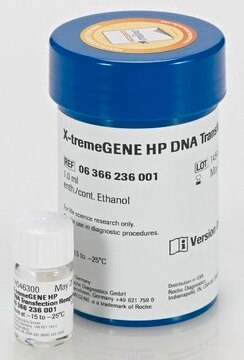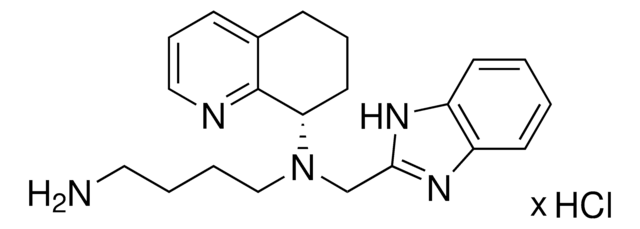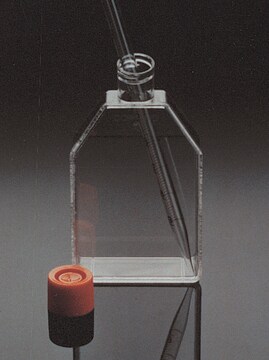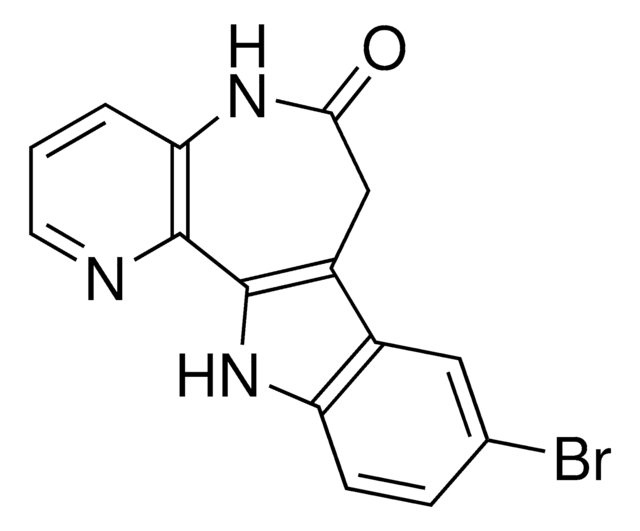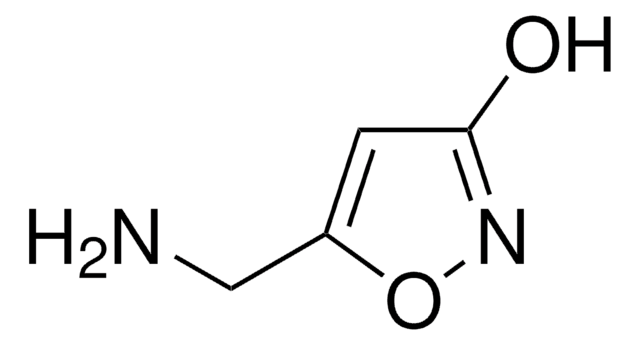239820
AMD3100 octahydrochloride hydrate
≥98% (HPLC), solid, CXCR4 antagonist, Calbiochem
Synonym(s):
CXCR4 Antagonist I, AMD3100, 1,1ʹ-(1,4-Phenylene bis(methylene))- bis-1,4,8,11-tetraazacyclotetradecane, 8HCl, JM3100, 1,1ʹ-(1,4-Phenylenebis(methylene))-bis-1,4,8,11-tetraazacyclotetradecane, 8HCl, JM3100
About This Item
Recommended Products
product name
CXCR4 Antagonist I, AMD3100, The CXCR4 Antagonist I, AMD3100, also referenced under CAS 155148-31-5, controls the biological activity of CXCR4. This small molecule/inhibitor is primarily used for Cell Signaling applications.
Quality Level
Assay
≥98% (HPLC)
form
solid
manufacturer/tradename
Calbiochem®
storage condition
OK to freeze
desiccated (hygroscopic)
protect from light
color
off-white
solubility
water: 10 mg/mL
shipped in
ambient
storage temp.
2-8°C
InChI
1S/C28H54N8.8ClH/c1-9-29-15-17-31-13-3-21-35(23-19-33-11-1)25-27-5-7-28(8-6-27)26-36-22-4-14-32-18-16-30-10-2-12-34-20-24-36;;;;;;;;/h5-8,29-34H,1-4,9-26H2;8*1H
InChI key
UEUPDYPUTTUXLJ-UHFFFAOYSA-N
General description
Packaging
Warning
Reconstitution
Other Notes
Pitchford, S.C., et al. 2009. Cell Stem Cell4, 62.
De Clercq, E. 2009. Biochem. Pharmacol. , 1655.
Thoma, G., et al. 2008. J. Med. Chem.51, 7915.
De Clercq, E. 2000. Mol. Pharmacol.57, 833.
Legal Information
Storage Class Code
11 - Combustible Solids
WGK
WGK 3
Flash Point(F)
Not applicable
Flash Point(C)
Not applicable
Certificates of Analysis (COA)
Search for Certificates of Analysis (COA) by entering the products Lot/Batch Number. Lot and Batch Numbers can be found on a product’s label following the words ‘Lot’ or ‘Batch’.
Already Own This Product?
Find documentation for the products that you have recently purchased in the Document Library.
Customers Also Viewed
Our team of scientists has experience in all areas of research including Life Science, Material Science, Chemical Synthesis, Chromatography, Analytical and many others.
Contact Technical Service